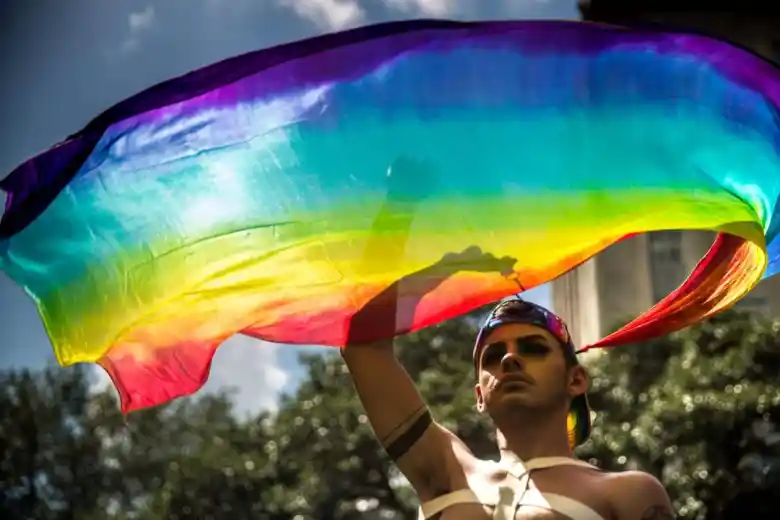The anti-LGBTQ bill will have to be reintroduced to Parliament – Speaker rules

The Speaker of Parliament, Alban Bagbin, has clarified that the controversial Anti-LGBTQ+ Bill must be reintroduced in the current Ninth Parliament, as all unfinished business from the Eighth Parliament legally expired when that Parliament was dissolved.
This comes after days of confusion and debate among lawmakers, sparked by the Majority Leader’s assertion that the bill had already been passed and therefore did not need to be reintroduced.
However, the Speaker firmly refuted that position, explaining that no bill or motion from the previous Parliament automatically carries over to a new one.
“The eighth Parliament is history. So are all the businesses that were pending in the eighth Parliament. They all ended with the eighth Parliament, and so we have a new Parliament—the ninth Parliament—and therefore what was pending there came to an end and has to be reintroduced,” he said.
READ MORE: Majority caucus demands annulment of Ayawaso East NDC Primary
Offering additional context, Mr Bagbin disclosed that the bill had earlier been sent to former President Nana Akufo-Addo for assent, but the presidency declined to sign it into law. According to the Speaker, however, the President’s office failed to meet the constitutional requirement of returning the unsigned bill to Parliament with formal reasons for the refusal.
“They wrote to tell us that they would not assent to it. The only constitutional error they committed was that they didn’t give us reasons why they would not assent to it, and they did not transmit the bill back to us. They imprisoned it there,” he explained.
Mr Bagbin further stated that the Ninth Parliament has now taken back custody of the bill, which was originally introduced as a private member’s bill championed by a group of MPs with support from traditional, religious, and civil society leaders.
“As you would recall, that’s a private member’s bill, and so members of this House took it up. It went through the whole process as detailed in our Standing Orders. But as it went through the process, the new government indicated that they wanted to take it as a public bill.
READ MORE: Baba Jamal wins Ayawaso East NDC parliamentary primary
I personally disagreed and made it known to His Excellency the President that this was an initiative of our people—the traditional leaders, the religious leaders, and civil society leaders—and so we would process it as a private member’s bill.”
The Speaker emphasised that before the bill can be presented again in the House, he must fulfil certain procedural requirements in line with parliamentary rules.
“Our rules have given what the speaker is expected to do, which I will do before it can be laid in the House,” he concluded.
The reintroduction of the Anti-LGBTQ+ Bill now depends on the fulfilment of formal steps outlined in the Standing Orders — a process that will likely reignite intense debate among lawmakers, advocacy groups, and the wider public.


